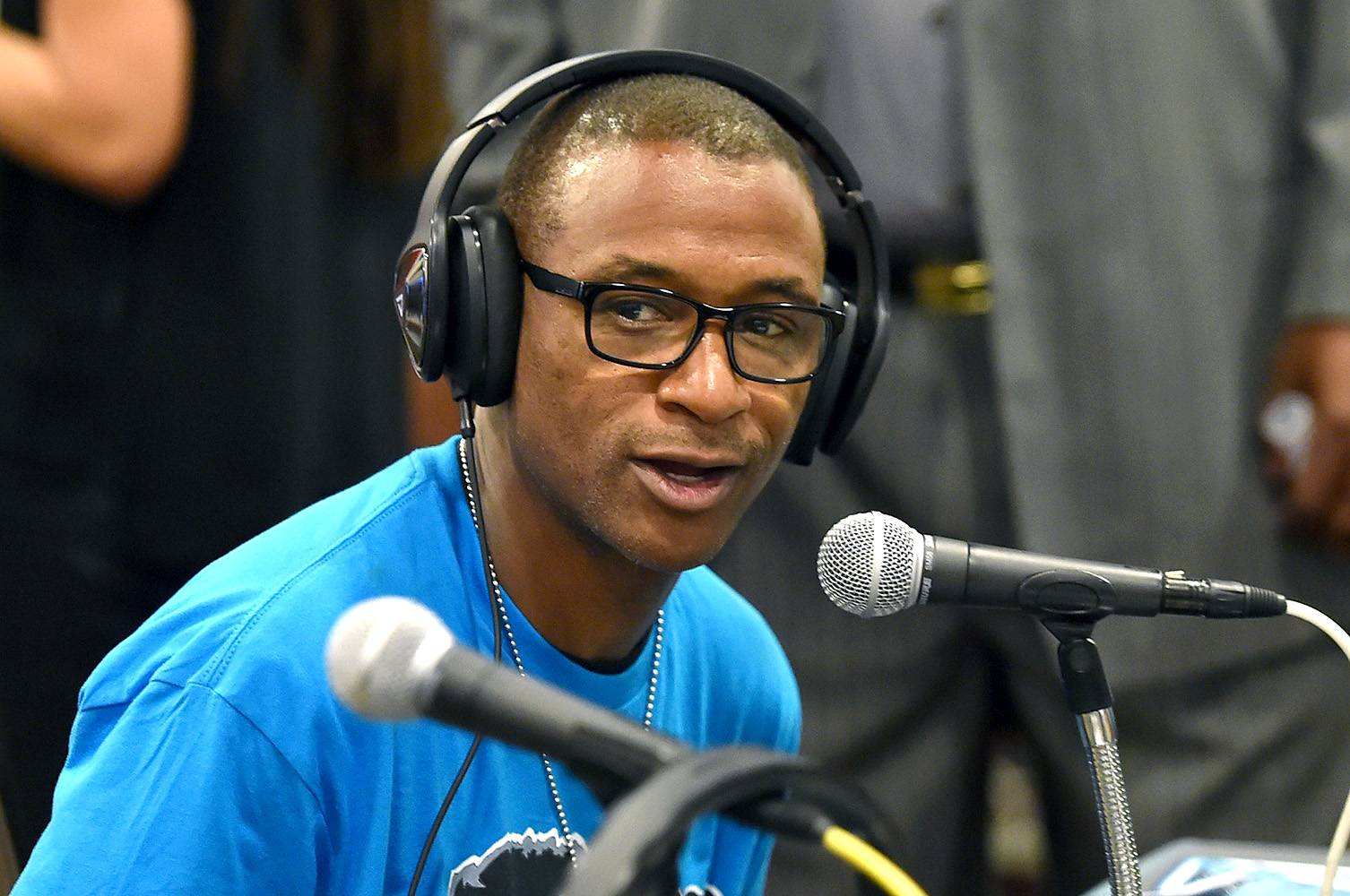Cholera Backlash Fuels Anti-UN Protests in Haiti
PORT-AU-PRINCE, Haiti – Anti-U.N. riots rocked several Haitian cities and towns on Monday, led by demonstrators who blame a contingent of Nepalese peacekeepers for a deadly outbreak of cholera. Protesters barricaded roads, burned cars and exchanged gunfire with U.N. soldiers, leaving cities impassable into the night.
A demonstrator was shot and killed by a United Nations peacekeeper during an exchange of gunfire in Quartier Morin, near Haiti's second-largest city of Cap-Haitien, the U.N. mission said. The mission said it was investigating the incident but asserted that the soldier was acting in self-defense.
The 12,000-member force also reported that at least six U.N. personnel were wounded in protests at Hinche in the central plateau. Radio Kiskeya reported them to be Nepalese soldiers. Radio Metropole said at least 12 Haitians were injured in Cap-Haitien.
The first reported protests erupted in Cap-Haitien about 6 a.m. local time and within hours had paralyzed much of the northern port city. An APTN television cameraman trying to reach the area was repelled late Monday by protesters throwing rocks and bottles from a barricade.
As the day went on, other protests broke out in surrounding towns and the central plateau. A police station was reportedly burned in Cap-Haitien and rocks thrown at peacekeeping bases.
A small protest was also reported in the northwestern city of Gonaives, about halfway between Cap-Haitien and Port-au-Prince, but U.N. police said it ended peacefully on Monday afternoon.
The U.N. Stabilization Mission in Haiti, or MINUSTAH, dismissed the protests as politically motivated, linking them to the fast-approaching Nov. 28 presidential election.
The way events unfolded suggests that these incidents were politically motivated, aimed at creating a climate of insecurity on the eve of elections. MINUSTAH calls the people to remain vigilant and not be manipulated by enemies of stability and democracy in the country," the mission said in a statement.
The cholera backlash plays upon some Haitians' long-standing resentment of the 12,000-member military mission, which has been the dominant security force in Haiti since 2004. It is rooted both in fear of a disease previously unknown to Haiti and internationally shared suspicion that the U.N. base could have been a source of the infection that has now left nearly 1,000 dead.
Cholera had never before been documented in Haiti before it broke out about three weeks ago. Suspicions quickly surround a Nepalese base located on the Artibonite River system, where the outbreak started. The soldiers arrived there in October following outbreaks in their home country and about a week before Haiti's epidemic was discovered.
The U.S. Centers for Disease Control and Prevention found that the strain now ravaging the country matched a strain specific to South Asia, but said they had not pinpointed its origin or how it arrived in Haiti.
Following an Associated Press investigation, the U.N. acknowledged that there were sanitation problems at the base, but says its soldiers were not responsible for the outbreak. No formal or independent investigation has taken place despite calls from Haitian human-rights groups and U.S. health care experts.
Transmitted by feces, the disease can be all but prevented if people have access to safe drinking water and regularly wash their hands.
President Rene Preval addressed the nation on Sunday to dispel myths and educate people on good sanitation and hygiene.
But sanitary conditions don't exist in much of Haiti, and more than 14,600 people have hospitalized as the disease has spread across the countryside and to nearly all the country's major population centers, including the capital, Port-au-Prince. Doctors Without Borders and other medical aid groups have expressed concern that the outbreak could eventually sicken hundreds of thousands of people.
In the Dominican Republic, which shares the island of Hispaniola with Haiti, health officials banned used clothing from being sold in outdoor markets along the shared border as a precautionary measure to stop the disease's spread.
Last week, Dominican health authorities set up hand-washing stations, makeshift clinics, and latrines near vendor stalls on the border between the two countries. On Monday, Health Minister Bautista Rojas added to the safety measures by prohibiting market vendors from selling used clothing and shoes.





